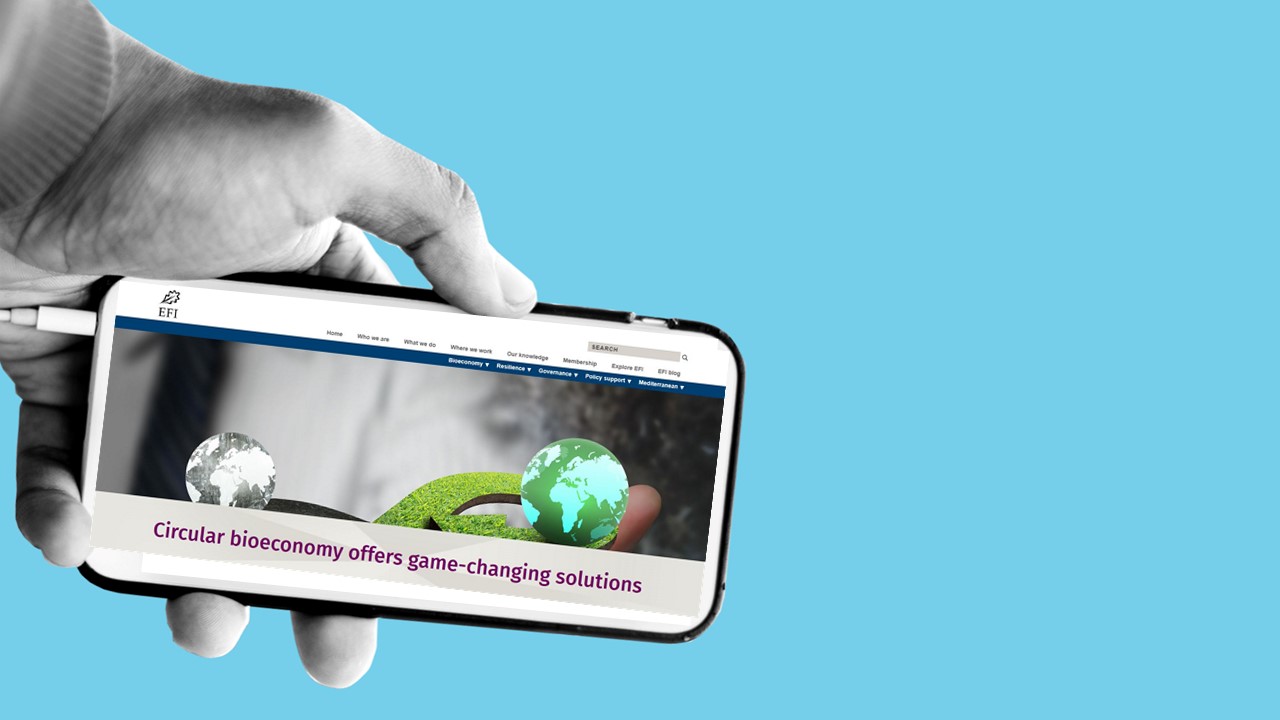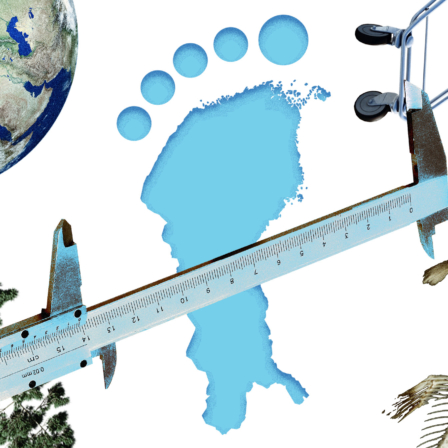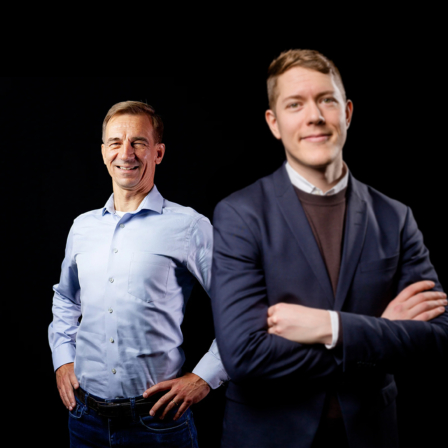Sitra’s President Jyrki Katainen addressed the Circular Bioeconomy Roundtable convened by HRH The Prince of Wales to discuss how to accelerate the transition to a circular bioeconomy and enable a carbon-neutral, renewable and inclusive economy that prospers in harmony with nature. The roundtable gathered leading representatives from science, the investment community and industry. Sitra has partnered with the European Forest Institute (EFI) to accelerate the forestry sector’s transition to a circular bioeconomy.
“This is a great opportunity to advance the circular economy and an important platform for a dialogue between investors, business and science, alongside the World Circular Economy Forum. Sitra is very happy to partner with EFI and contribute to a forward looking and informed dialogue”, Katainen said.
To protect biodiversity, we need to do a lot more than just establish new conservation areas. We need to create market mechanisms that allow businesses to take biodiversity into account in all their activities and create nature-based circular solutions.
In the transition towards a circular bioeconomy, businesses play a key role – they are the ones that create the solutions. The market mechanisms we use must ensure that an environmentally sound circular bioeconomy is always better business than the linear business models where natural resources are used to produce products that are used and then discarded as waste.
The roundtable discussed the need to react to the COVID-19 crisis in a way that helps us to transform our economy and put forward the change that our society needs to create a sustainable and desirable future. This should be done not just by designing recovery packages, but by transformative action to trigger mission-oriented innovation, attract investments and rethink business models and markets.
At the roundtable, a 10-Point Action Plan to catalyse a circular bioeconomy of wellbeing was presented, with 25 authors from across scientific disciplines, coordinated by EFI Director Marc Palahí. The action plan describes the latest scientific insights and breakthrough technologies to consider what global, holistic and transformative action we can take to put the world on a sustainable path.
Read more from EFI’s article.
















Recommended
Have some more.